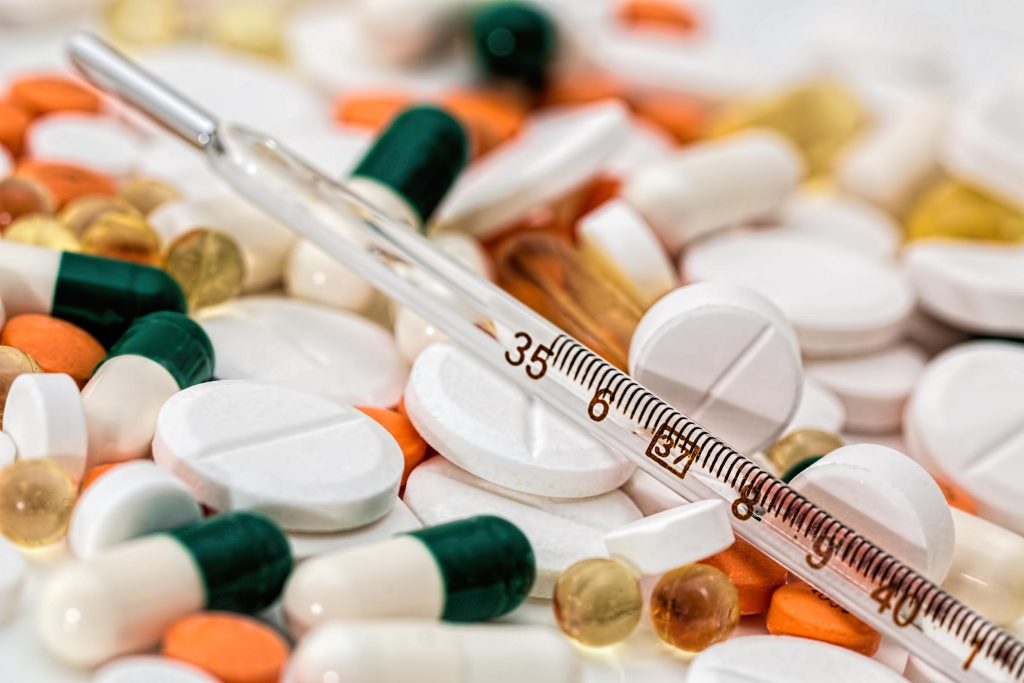How to Know It’s Time to Switch Treatment for Your Eczema in UK

You apply moisturizer around the clock and avoid allergens. Yet you haven’t felt relief from the scaling, itching, and dryness of eczema as you’d hoped. This may be a warning that it’s time to re-evaluate your treatments. Eczema treatment online isn’t a one-size-fits-all approach. It’s great to know when to say the treatment that may have worked great for someone else isn’t working for you.
Here are some signs it’s time to get in touch with your online dermatologist UK or change up your home regimen.
Signs It’s Time to Switch.
You can expect to have some periods of itchy, dry skin when you’ve been a little lax with your treatment regimen. You may be able to reduce some symptoms by staying on your current regimen. For others, you should consult your dermatologist if you experience these symptoms:
- You’ve got itchiness or symptoms that hinder your sleep or daily activities most days of the week.
- You’re undergoing new symptoms associated with your eczema.
- Your eczema seems to be getting worse.
- The time duration between flare-ups is getting shorter.
- Your eczema seems to be spreading to new areas.
Eczema puts you at higher risk for staph infections. Because staph bacteria thrive on your skin, they can infect any open area of your skin. Contact your dermatologist if you experience signs and symptoms that suggest an infection.
Treatment Options
Research and Innovations on treatments for eczema are ongoing. This means a growing number of treatments are available on the market to help you cure your eczema. Sometimes, finding a new approach can be a matter of trying out various treatments. It can also mean trying combinations of treatments to get the ones that are the most effective.
1. Emollients (Moisturizers)
These are the backbone of eczema treatment online. Most people with eczema apply moisturizers at least twice a day. Depending on their eczema type and occupation, they may use them more frequently. If you’re currently using a lotion as a moisturizer, consider upgrading to an ointment or cream. The moisturizer should be free of dyes and fragrances. The thicker consistency is reflective of a higher rate of moisture-retaining oil.
2. Topical Steroids
These may be used solely or in combination with light therapy. They reduce inflammatory skin effects that can lead to eczema symptoms. Regular use of topical steroids can cause them to become less effective over time.
3. Topical Immunomodulators
Tacrolimus (Protopic) and pimecrolimus (Elidel) are two topical immunomodulators. These interfere with inflammatory compounds in the skin. They may be accommodating in treating eczema on your face, genitals, and regions of folded skin. But they’re linked with more side effects than topical corticosteroids, especially eye irritation.
4. Antihistamines
Histamines are what cause your skin to itch. Antihistamines can decrease the amount of histamine in your body. Antihistamines are usually more effective in healing eczema in children. But they may also be effective in relieving symptoms in adults.
5. Behavioral Counseling
Some people take part in behavioral counseling sessions to improve their scratching and itching behaviors. They also use these sessions to help reduce stress, which can worsen eczema symptoms in some people.
Eczema treatment online is beneficial for patients. You can send pictures of the affected area to your online doctor before your appointment. They will be able to diagnose your condition, help identify your triggers, advise you on at-home treatments, and, when necessary, prescribe medication.
Author’s Bio:
Henry Anderson is a published author, passionate about helping people understand content marketing through his easily digestible materials.






